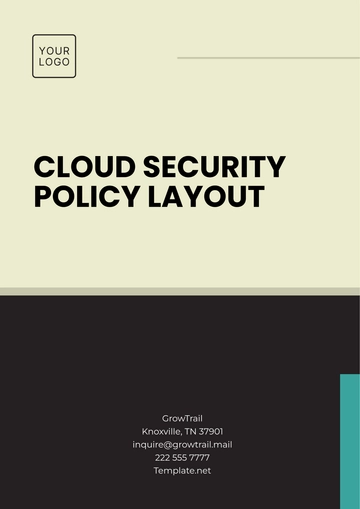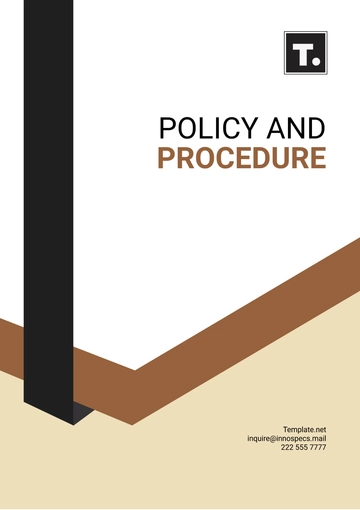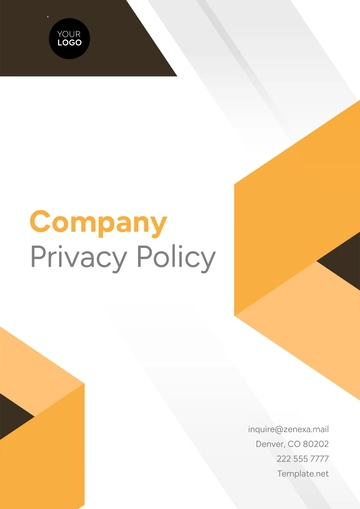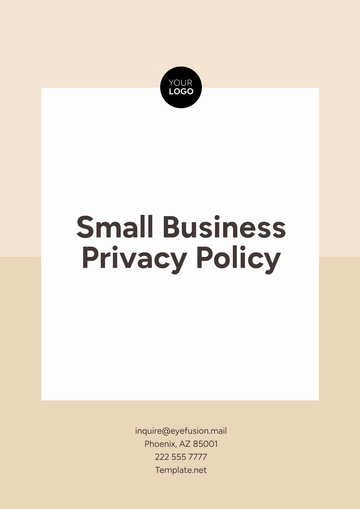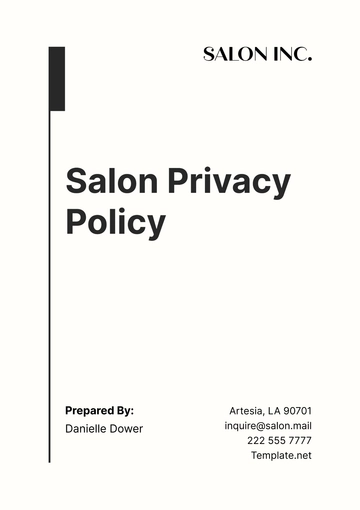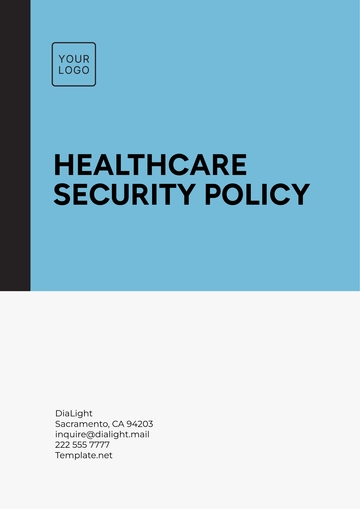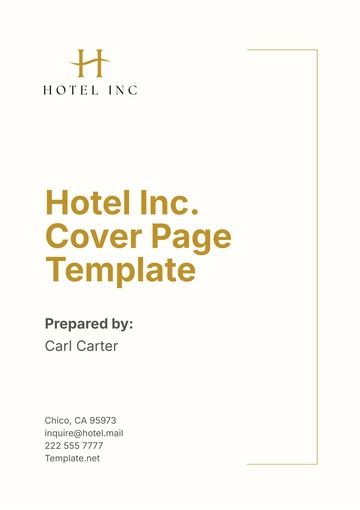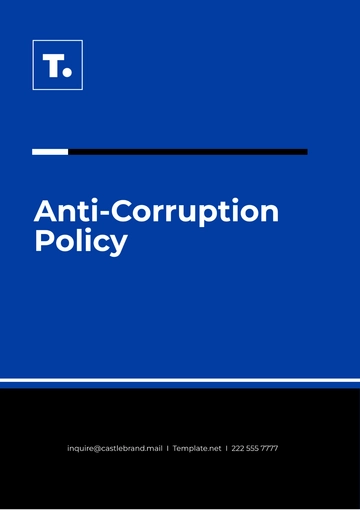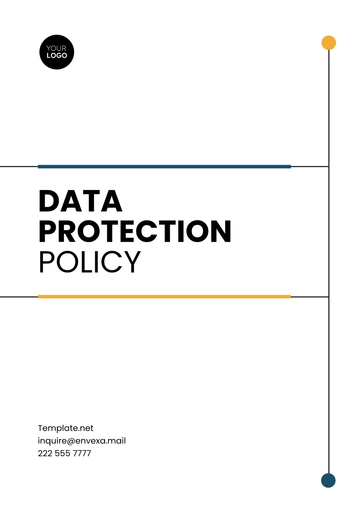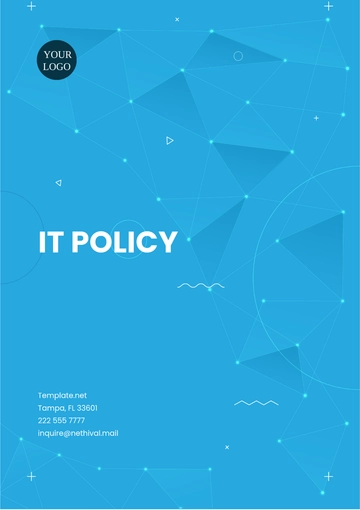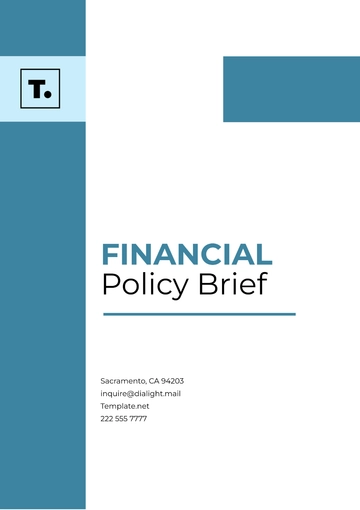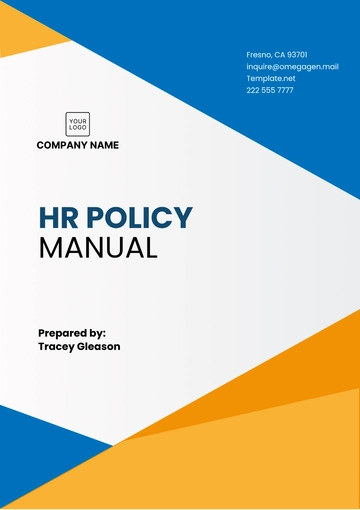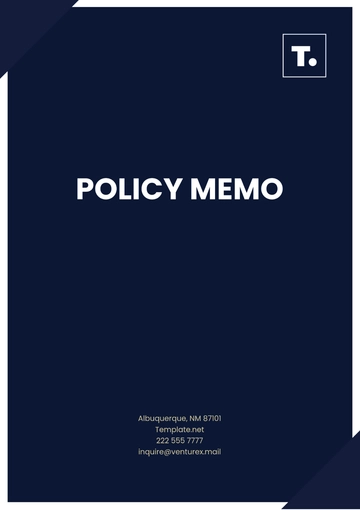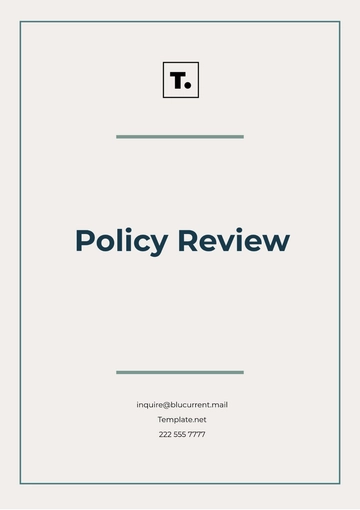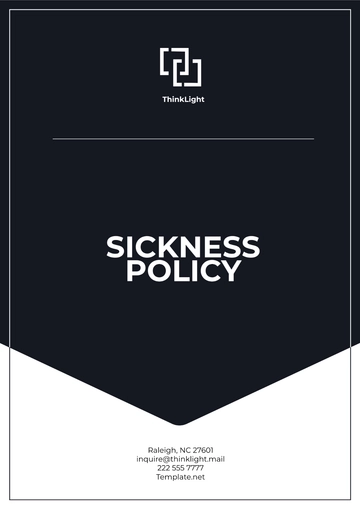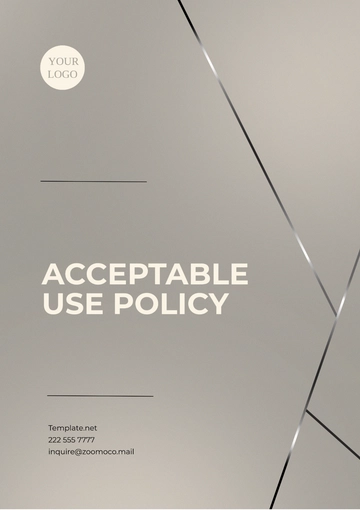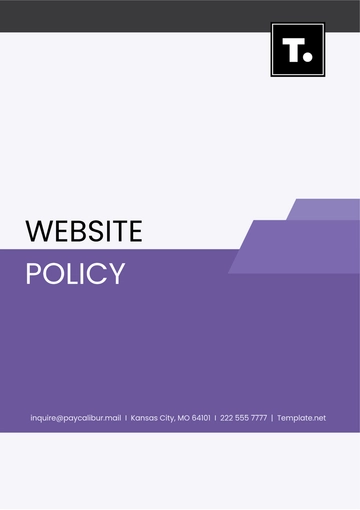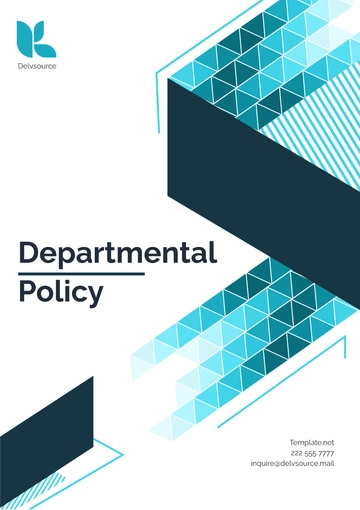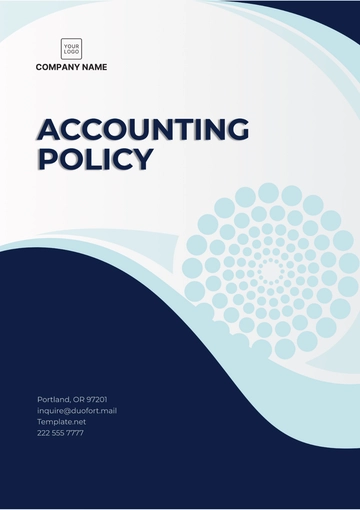Free Nursing Home Payment Policy
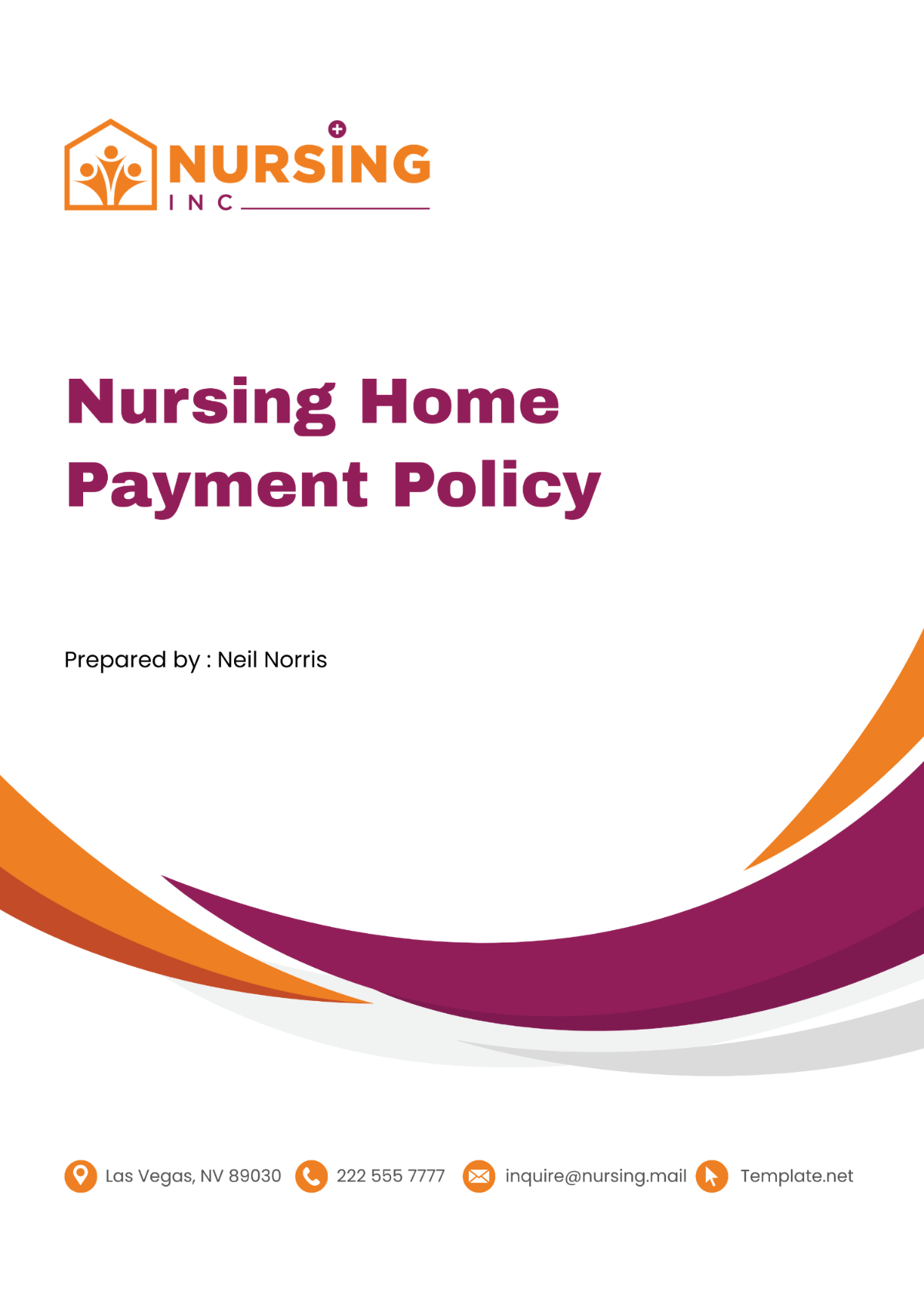
I. Introduction
The purpose of this Payment Policy is to outline the expectations and procedures for billing and payments between our nursing home and the residents, their families, or responsible parties. This policy aims to ensure transparency and mutual understanding of financial responsibilities, facilitating a smooth and respectful partnership. It applies to all financial transactions related to the care provided within our facility, including accommodation, nursing care, therapy services, and any additional amenities offered.
II. Billing Procedures
A. Billing Cycle
Billing occurs on a monthly basis. Invoices are generated at the end of each month, reflecting charges for the upcoming month, along with any additional charges incurred in the previous month that were not included in the last billing cycle. This approach ensures that residents and their responsible parties are always informed of their financial obligations in a timely manner.
B. Invoice Details
Invoices include detailed information to ensure clarity and full understanding of charges. The following information is provided in each invoice:
Resident name and billing period.
Detailed list of base charges.
Itemization of additional services provided.
Total amount due.
Payment due date.
Payment instructions and accepted payment methods.
C. Itemization
Services are itemized on each invoice to provide a clear breakdown of charges. Base charges encompass room and board, basic nursing care, and standard amenities. Additional services, such as specialized care, therapy sessions, or personal services, are listed separately with their respective charges. This itemization ensures transparency and helps residents and their families understand exactly what services they are being billed for.
III. Payment Terms
A. Payment Due Dates
Payments are due within 15 days from the invoice date. This timeframe allows residents and their families adequate time to review their invoice and make necessary arrangements for payment. Timely payments are crucial for the continued provision of high-quality care and services to all our residents.
B. Accepted Payment Methods
To accommodate the preferences and conveniences of our residents and their families, we accept several forms of payment:
Personal checks
Bank transfers
Credit cards (Visa, MasterCard, American Express)
Money orders
C. Payment Plans
Understanding that financial situations can vary, we offer payment plans for those who cannot meet the full payment by the due date. Our payment plans are designed to provide flexibility while ensuring that care services continue uninterrupted.
Payment Plan | Description |
Extended Payment Plan | Allows for the monthly invoice to be paid in installments over a specified period, not to exceed three months. |
Hardship Arrangement | Tailored specifically for those experiencing temporary financial hardship, offering reduced payments for a short period. |
Residents or their families interested in exploring payment plan options are encouraged to contact our billing department to discuss their situation and find a suitable arrangement.
IV. Late Payments
A. Late Payment Penalties
For payments received after the due date, a late payment fee of 1.5% per month on the outstanding balance will be applied. This interest charge is designed to encourage timely payments, which are essential for maintaining the high standard of care and services provided to all our residents.
B. Grace Period
We offer a grace period of 10 days following the payment due date, during which no late fees will be applied. This grace period is intended to provide flexibility for those who may encounter unexpected delays in making their payment.
C. Collections Process
If an account remains unpaid beyond the grace period, the following steps will be taken to manage the collections process:
Initial Reminder: A reminder notice will be sent immediately following the grace period.
Second Notice: If payment is not received within 15 days of the initial reminder, a second notice will be sent, including a warning about potential collections actions.
Collections Agency: Accounts that are 60 days past due may be referred to a collections agency. Prior to this step, we will attempt to contact the resident or responsible party to find a mutually agreeable solution.
V. Financial Assistance and Hardship
A. Eligibility Criteria
Financial assistance and hardship considerations are available to residents who meet the following criteria:
Demonstrated financial need through income and asset verification.
Lack of sufficient insurance coverage or eligibility for government assistance.
Temporary financial hardship due to unexpected circumstances (e.g., medical expenses, family emergencies).
B. Application Process
Residents or their families seeking financial assistance should contact our billing department to request an application form. The completed application, along with required documentation demonstrating financial need, should be submitted for review.
C. Review Process
Upon receipt of a financial assistance application, the following process will be followed:
Review of submitted documentation to verify financial need.
Consideration of available financial assistance programs or hardship allowances.
Notification of the decision, including any conditions or requirements, sent to the applicant within 30 days of application submission.
VI. Third-Party Billing
A. Insurance
For residents covered by insurance, Medicare, or Medicaid, we facilitate direct billing to these third-party payers. The process includes:
Verification of coverage and benefits at the time of admission and periodically thereafter.
Submission of claims to the third-party payer on behalf of the resident.
Coordination with the third-party payer to resolve any issues related to coverage or payment.
B. Coordination of Benefits
When a resident has coverage from multiple sources, we assist in the coordination of benefits to maximize the available coverage and minimize out-of-pocket expenses. This process involves:
Determining the primary and secondary payers according to established guidelines.
Billing the primary payer first, followed by submission of any remaining charges to the secondary payer.
C. Third-Party Payor Disputes
In cases where disputes arise with third-party payors over coverage or payment, we will:
Work directly with the payer to resolve the dispute.
Provide documentation and support to justify the claim.
Keep the resident or responsible party informed throughout the dispute resolution process.
VII. Refunds
A. Overpayment
Refunds for overpayment will be issued under the following conditions:
Payment exceeds the amount due on the resident's account.
Cancellation of services or residency agreement results in a credit balance.
Third-party payer adjustments result in an overpayment by the resident or responsible party.
In each of these scenarios, we are committed to ensuring that any overpayments are promptly identified and refunded.
B. Processing Time
Refunds are processed within 30 days of the overpayment identification. Our finance department conducts regular account reviews to detect any overpayments and initiate the refund process without delay. We understand the importance of timely refunds and strive to resolve overpayments efficiently.
C. Method of Refund
Refunds are issued using the same method as the original payment whenever possible. If the original payment method does not allow for direct refunds, or if the resident prefers a different method, the following options are available:
Check mailed to the address on file.
Credit to the resident's account for future services (if agreed upon by the resident or responsible party).
Direct deposit to a bank account specified by the resident or responsible party.
VIII. Dispute Resolution
Should disputes arise related to billing, payments, or refunds, residents and their families are encouraged to contact our billing department directly. We aim to resolve all disputes amicably and efficiently, ensuring that any concerns are addressed promptly and fairly. A formal dispute resolution process, including review by an independent committee, may be initiated at the request of the resident or responsible party if initial attempts at resolution do not reach a satisfactory outcome.
IX. Policy Amendments
This Payment Policy is reviewed annually to ensure it continues to meet the needs of our residents and reflects any changes in regulatory requirements or best practices. Amendments may also be made as necessary to address any operational changes or feedback from residents and their families. Any significant changes to the policy will be communicated to all residents and responsible parties in writing, with adequate notice given before any changes take effect.
- 100% Customizable, free editor
- Access 1 Million+ Templates, photo’s & graphics
- Download or share as a template
- Click and replace photos, graphics, text, backgrounds
- Resize, crop, AI write & more
- Access advanced editor
Streamline your billing and payment procedures with the Nursing Home Payment Policy Template from Template.net. This template is designed to be fully editable and customizable, allowing for detailed customization to fit your nursing home's specific needs. Effortlessly modify every section in our AI Editor tool, providing a clear and efficient payment policy for residents and their families.
You may also like
- HR Policy
- Restaurant Policy
- Company Policy
- Accounting Policies and Procedures
- Website Policy
- Privacy Policy
- Safety Policy
- School Policy
- IT and Software Policy
- Law Firm Policy
- Construction Policy
- Interior Design Policy
- Travel Agency Policy
- Education Academic Policy
- Security Policy
- Real Estate Policy
- Expense Policy
- Software Policy

